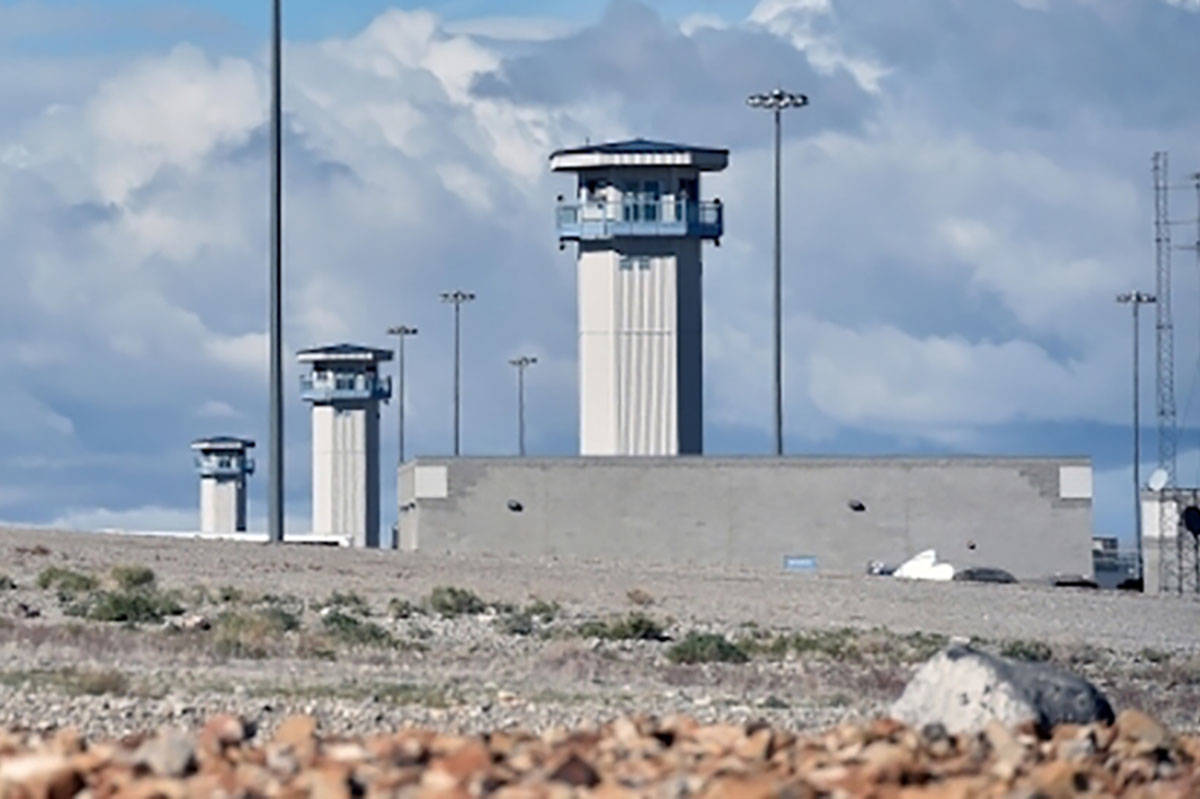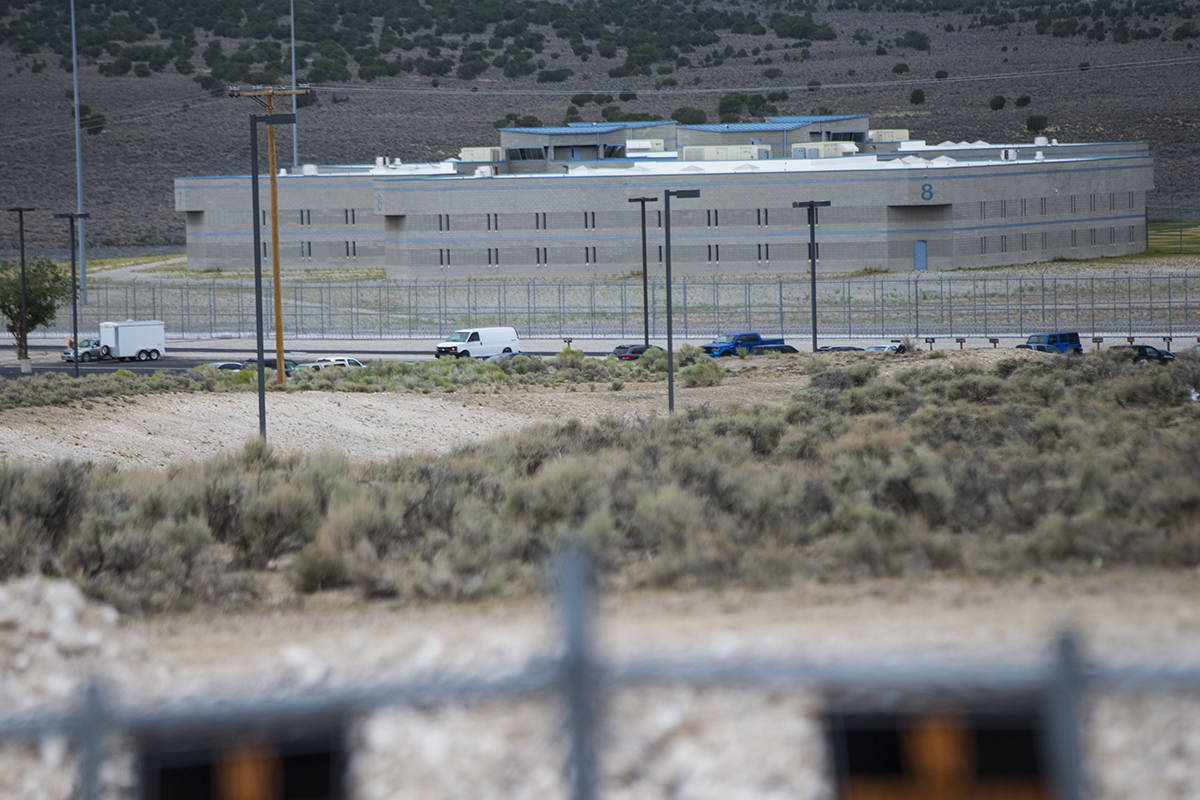NDOC outlines measures taken to mitigate outbreak
The Nevada Department of Corrections held town halls in mid-April to keep inmates and staff up to date on what NDOC is doing to handle the COVID-19 outbreak, according to information on its Twitter page.
NDOC has been continuously reviewing medical directives as they pertain to communicable diseases since the outbreak began, and visitation to all NDOC facilities has been banned since March 7, according to information on the corrections department’s website.
That ban will remain in place until corrections and medical experts, working with local and state governmental agencies, determine that the health and safety of staff and offenders are no longer threatened by COVID-19, the department said in a statement.
According to information from the state of Nevada’s Department of Health and Human Services’ Office of Analytics, correctional facilities have seen nine COVID-19 cases within six state correctional facilities. All of the cases have been staff members, according to the state data.
The facilities include High Desert State Prison, Casa Grande Transitional Housing, Ely State Prison, Florence McClure Women’s Correctional Center, Southern Desert Correctional Center and the Southern Training Center in Indian Springs.
Many new practices by the NDOC have become routine since the outbreak began, and NDOC listed what it is doing to protect inmates and staff across the state:
Each morning, all employees are screened for symptoms of the virus, including having their temperature taken. Anyone found with one of three cardinal symptoms (fever of 100.4 or greater, shortness of breath and/or dry cough) are sent home where they must obtain medical clearance or test negative for COVID-19 before returning to work.
The dissemination of the latest Centers for Disease Control and Prevention guidance for staff and offenders, including the CDC’s Stop the Spread of Germs poster, in highly visible areas.
Surface Sanitation Teams, using a 10% bleach concentration, are thoroughly cleaning surfaces at all facilities.
Screening of incoming staff, and offenders during train-in/out, for symptoms of the virus that include fever, cough and difficulty breathing.
Hand soap is readily available at every facility, both in cells and in common areas. NDOC encourages all persons to frequently wash their hands using warm soap and water for at least 20 seconds.
Prison Industries is manufacturing hand sanitizer, medical gowns and protective masks to ensure NDOC staff have access to these critical supplies.
If offenders are suspected of having an illness, or if they self-report feeling ill, NDOC medical staff immediately assess the offenders and place them in that facility’s infirmary or medically observes them in their cell. Medical staff utilize the appropriate test kits, some of which are provided by the state, which are then tested by the state epidemiologist, to determine a diagnosis and treatment. NDOC also alerts Culinary so meals are delivered to the offenders while they’re in the infirmary or their cell.
NDOC is requiring all staff to wear a face mask when work places them within 6 feet of an offender. For safety and security reasons, offenders are not allowed to wear masks unless they are specifically ordered to by a medical provider, authorized by a warden and housed in controlled isolation.
Harold Wickham, NDOC deputy director of operations, and Isidro Baca, warden at Warm Springs Correctional Center, hosted one of the town halls at the Carson City facility to update offenders on the department’s response to COVID-19. Jon Ponder, founder and CEO of Hope for Prisoners, an organization which helps offenders re-enter the work force, attended the town hall and was pleased by what he heard.
“Thrilled to see the universal precautions utilized at great lengths to keep inmates safe,” Ponder posted on Twitter. “Got a chance to hear from the inmates, and they are grateful for the continuous communication.”
Since the March 7 suspension of visitation, eligible offenders can receive two free phone calls to stay connected with their families. Since April 7, eligible offenders have been receiving a discounted rate for sending secure instant messaging, not to include photos.


















